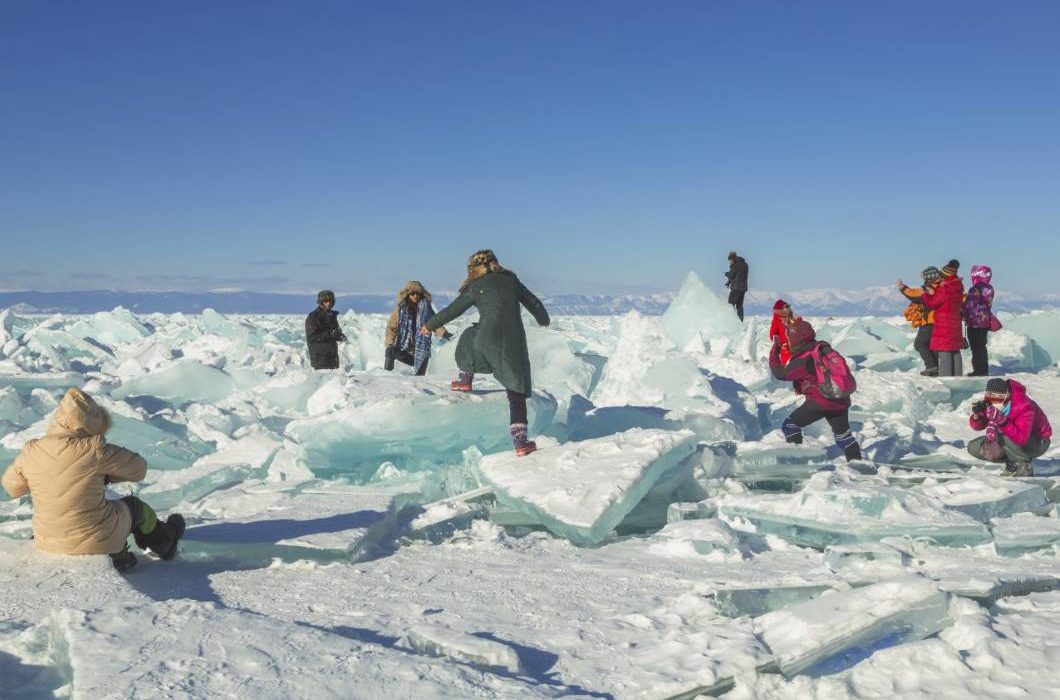
You might also like:
Russia is a country with a large variety of interesting destinations, from amazing sights in Moscow and Saint Petersburg, to the seaside of the Black Sea as well as the natural beauties in the Asian part of the country. One of the most popular places to visit is Lake Baikal. The region attracted more than 1.6 million tourists last year, with most of them being Russians.
However, Chinese inflow to the region is on a rise. In 2018, over 186 thousand tourists from the country arrived, establishing themselves as the largest foreign source market. This represents an increase of 37% compared to the year before.
Having reached Irkutsk and examined its sights, visitors of course hurry to the Baikal itself. The peak tourist influx comes in August. Traditionally, the top favorite vacation spots are Listvyanka, Olkhon Island and Baikalsk. Unlike the popular southern resorts, however, the season on Lake Baikal lasts all year round. In the winter, people from different parts of the world come to see the crystal-clear Baikal ice and there is also much more entertainment, like trips on hovercraft or numerous festivals.
However, the positive numbers also bring some negative aspects with environmental problems. Locals are increasingly struggling with the sewage and trash created by the visitors of the region and with more expected, there is fear of an uncontrollable situation. For example, the small town of Listvyanka has no central water or sewage system. The lake water is a ‘microbe cocktail’ as cited by environmentalist Maria Rikhvanova.
To solve the situation, new law changes are planned. The abolishment of mandatory environmental assessments for objects of the tourism industry in the Baikal natural territory is discussed. It is necessary to make changes to the resolution of the Chief State Sanitary Doctor of the Russian Federation in order to reduce the sanitary protection zones.
Moreover, there are also problems connected to some of the hotels and recreational facilities in the region, those constructed from Chinese funds. Authorities are accusing some of them of illegal construction. Another problem is that the Chinese are not paying business taxes, thus depriving the local authorities of valuable funds which could otherwise be used to improve the infrastructure.
Overall, at the request of the prosecutor’s office, 130 objects have already eliminated the violations found. The activity of 41 recreation facilities on the shores of Lake Baikal is prohibited. Finally, in 2018, a decision was made to demolish 7 illegally constructed recreation centers and more than 7.5 hectares of especially valuable land was returned to state ownership.
Source: tourism-review.com
